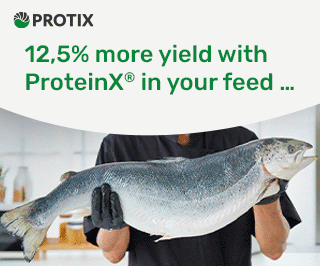The development follows a complaint by Danish authorities against Norway’s trade ban on production-grade salmon.
The European Commission trade department has officially registered Norway’s export ban on “production” grade Atlantic farmed salmon as a potential trade barrier.
This follows a detailed assessment by experts suggesting that the ban might contravene Article XI:1 of the General Agreement on Tariffs and Trade (GATT) 1994. The decision to classify this as a trade barrier is now recorded in the Access2Markets database.
Illegal export of production fish distorting EU market says Danish Seafood Association
Under Norwegian Regulation No. 844, farmed salmon is categorized into “superior”, “ordinary”, and “production” grades. “Production” grade salmon, typically marked by minor defects like wounds or malformations, is prohibited from export until corrected in local Norwegian processing plants. This regulation has raised concerns about trade restrictions and fair competition in the European Union.
What exactly are production fish anyway? The controversial world of salmon grading
Denis Redonnet, the Chief Trade Enforcement Officer of the European Commission, is spearheading the initiative to address this issue, according to SalmonBusiness sources.
The Commission plans to directly communicate their concerns to Norwegian authorities and will further discuss the matter in upcoming bilateral meetings.
This development came to light following a complaint by Danish authorities against Norway’s trade ban on production-grade salmon, indicating a growing concern within the EU about such trade practices.
The Norwegian Food Safety Authority recently announced percentage of salmon graded as production fish at an “all time high” of 37 percent.



